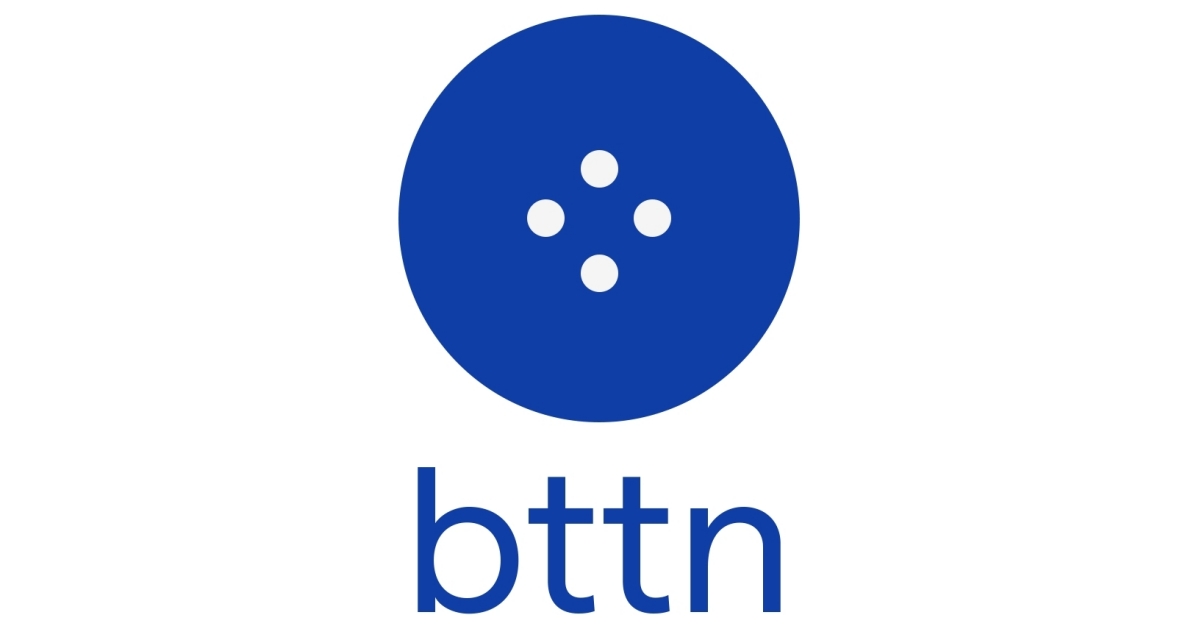University of Rochester researchers have developed SOPHIE, a virtual ‘patient’ that trains doctors in explaining end-of-life options.As many as 68 percent of late-stage cancer patients leave their doctor’s offices either underestimating the severity of their disease, overestimating their life expectancy—or both. These misunderstandings can hinder the ability of patients and their families to make realistic decisions about whether to continue aggressive treatments or instead turn to palliative care. To address the problem, University of Rochester computer scientists, palliative care specialists, and practicing oncologists are perfecting SOPHIE (Standardized Online Patient for Healthcare Interaction Education)—an online virtual “patient” that helps physicians practice how to communicate effectively with late-stage cancer patients about their disease. Effective communication in this context often means demonstrating empathy and understanding of the complex emotions that patients are experiencing. “During difficult conversations about facing the potential of one’s own death, patients are frightened and don’t know how to ask the right questions, and clinicians may oversimplify, omit, or sugar-coat information, or feel too pressed for time to address patients’ emotions,” says Ehsan Hoque, an associate professor of computer science at Rochester’s Hajim School of Engineering and Applied Sciences. The COVID-19 pandemic has made effective communication even more difficult by causing increasing reliance on virtual rather than in-person interactions between patients and physicians, adds Hoque. |

